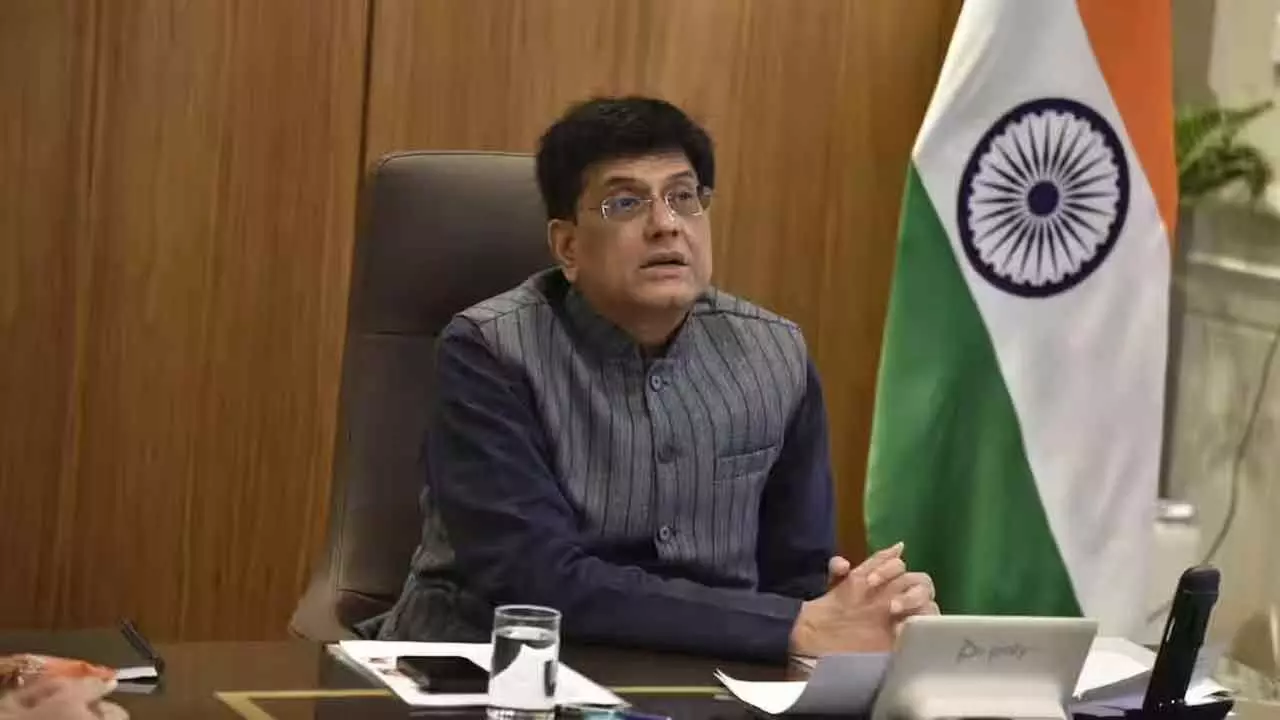Govt seems inclined to be less intrusive in businesses
Govt seems inclined to be less intrusive in businesses

Commerce & Industry Minister Piyush Goyal has expectedly tried to calm the nerves in India Inc. and elsewhere regarding the potential impact of US tariffs on India’s economy. “India is predominantly a domestic economy, our exports as a part of our GDP is still relatively low and our imports are much higher,” Goyal said, a day after the key GST Council meeting. He has a point.
He also lauded the resilience of Indian businesses, saying, “During Covid, we landed up with a trade surplus because imports fell more than exports. So the Indian economy is more complex, I don’t think the impact on GDP will be significant.” This is also true, for our entrepreneurs also have the smarts to respond vigorously, even in taxing times. This was evident in 2020 when, having been a net importer of personal protection equipment, India went on to become a major exporter of PPE kits.
This, however, doesn’t mean that the tariff war poses a minor crisis. In some sectors, the situation is already dire. “The sharp increase in US tariffs introduces fresh headwinds for bilateral trade with early signs of strain on key export sectors—notably textiles, gems, and chemicals,” Sunaina Vij, Finance Director and Board Member at Madura Coats Private Limited, told a newspaper. Dhaval Radia, CFO of ZEISS India, expressed concerns of the indirect impact: “We may not be directly hit through exports to the US, but the ripple effects—input cost hikes, component access issues, pricing pressures—are very real.”
The government’s response to the economic turbulence triggered by the ongoing tariff war has been both swift and significant. By initiating a major overhaul of the GST framework, it has demonstrated a pragmatic approach to mitigating the adverse effects of external shocks on domestic businesses and consumers alike. The restructuring of GST, aimed at reducing compliance costs and streamlining taxation, is expected to ease pressure on enterprises while spurring consumption and growth.
Equally noteworthy, however, is what the government has chosen not to do. It has refrained from reviving the anti-profiteering authority—a mechanism that came to be seen as a cumbersome and counterproductive instrument. Originally introduced for a short one-year period to ensure that companies passed on tax benefits to consumers, the authority perpetuated itself. Businesses consistently resented the intrusion of official bodies in their operations. At any rate, state intervention in business is inconsistent with the principles of liberalisation and market efficiency.
The decision not to resurrect this discredited mechanism is a welcome signal. Instead of relying on coercive instruments, the government should appear inclined to trust market forces to perform their natural role in regulating prices and ensuring consumer benefit. When competition is allowed to function freely, it drives efficiency, incentivises innovation, and keeps costs in check. This is far more sustainable than administrative fiat and bureaucratic organisations regulating private enterprise; all this distorts incentives and undermines confidence among investors and entrepreneurs.
Moving forward, it is imperative that the government remains committed to broad-based economic reforms. Liberalisation and deregulation have been the cornerstones of India’s growth story, and continued progress on these fronts will ensure resilience in the face of global uncertainty. By resisting temptations to impose statist controls and instead deepening reforms, India can strengthen its position as a dynamic, competitive economy that balances growth with consumer welfare.

